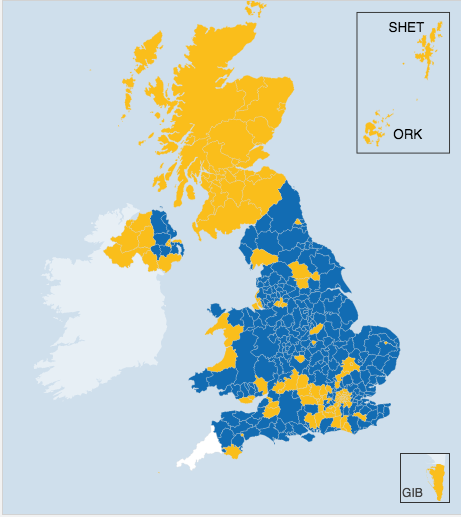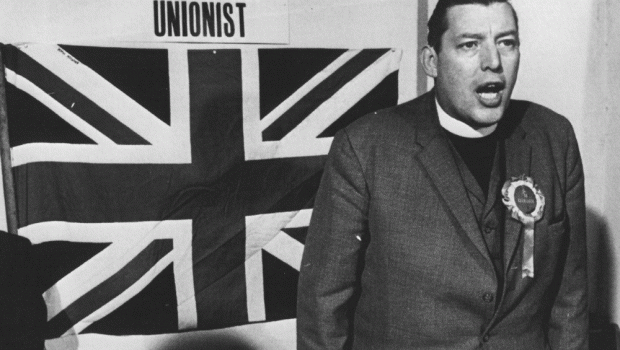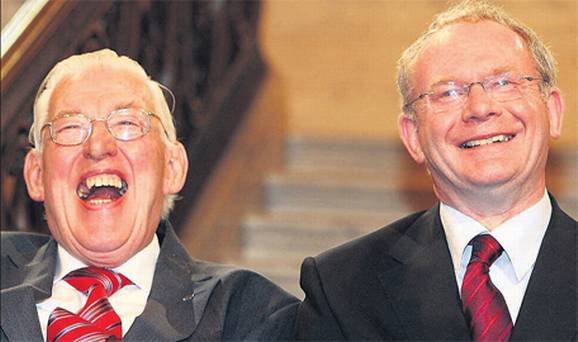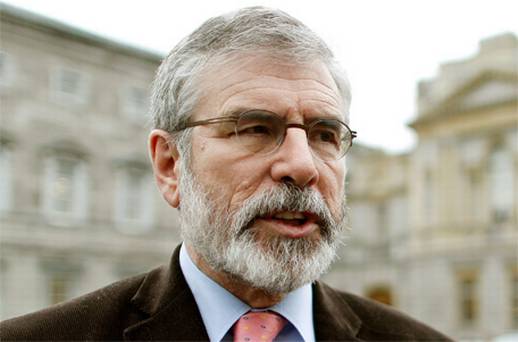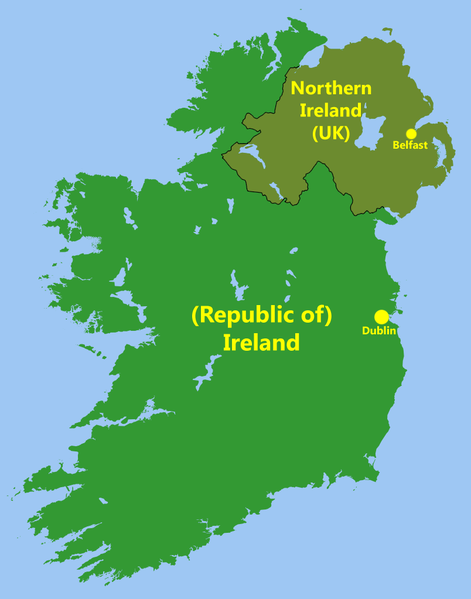
When pro-Leave campaigners argued that, by leaving the European Union, Great Britain could ‘take back control,’ one of the clear things over which Brexit proponents seem to want to take control was national borders.![]()
![]()
Given that Great Britain itself is an island, that’s mostly a theoretical proposition, because you can’t step across the border into England, Scotland and Wales — their ‘borders’ are through their seaports and airports.
That’s not true in Northern Ireland, the only region in the United Kingdom that does share a land border with another European Union member-state. It’s also one of the most delicate tripwires for British prime minister Theresa May in her dutiful quest to invoke Article 50 of the European Union’s Lisbon Treaty next year and begin negotiations for a British EU withdrawal.
Scotland has garnered more headlines because Scottish first minister Nicola Sturgeon has argued that Scots, who voted strongly for Remain, deserve a second independence referendum when the British government finally does leave the European Union. But if ‘Remain’ proponents are looking to the one part of the United Kingdom that could impossibly prevent Article 50’s invocation, they should look to Northern Ireland, where Brexit could unravel two decades of peace, and where Brexit is already causing some anxiety about the region’s future.
May, just days after replacing David Cameron at 10 Downing Street, visited Belfast earlier this week in a bid to reassure both unionists and republicans. But it’s not clear that May’s first journey to Northern Ireland, which preceded a meeting with Ireland’s leader a day later, was a success.
May boldly claimed that Brexit need not result in the return of a ‘hard border’ between Northern Ireland and the Republic of Ireland. But settling Northern Ireland’s Brexit border issue is virtually intractable for the May government — at least without alienating one of three crucial groups of people: first, the mostly Catholic republicans of Northern Ireland; second, the most Protestant unionists of Northern Ireland or finally, those Brexit supports across the entire country who voted ‘Leave’ in large part to close UK borders to further immigration.
As in Scotland, Northern Ireland’s voters narrowly titled against Brexit — 55.78% supported ‘Remain,’ while just 44.22% supported ‘Leave.’ Generally speaking, republicans widely supported ‘Remain,’ and unionists leaned toward ‘Leave,’ including first minister Arlene Foster. Continue reading Why Northern Ireland is the most serious obstacle to Article 50’s invocation
